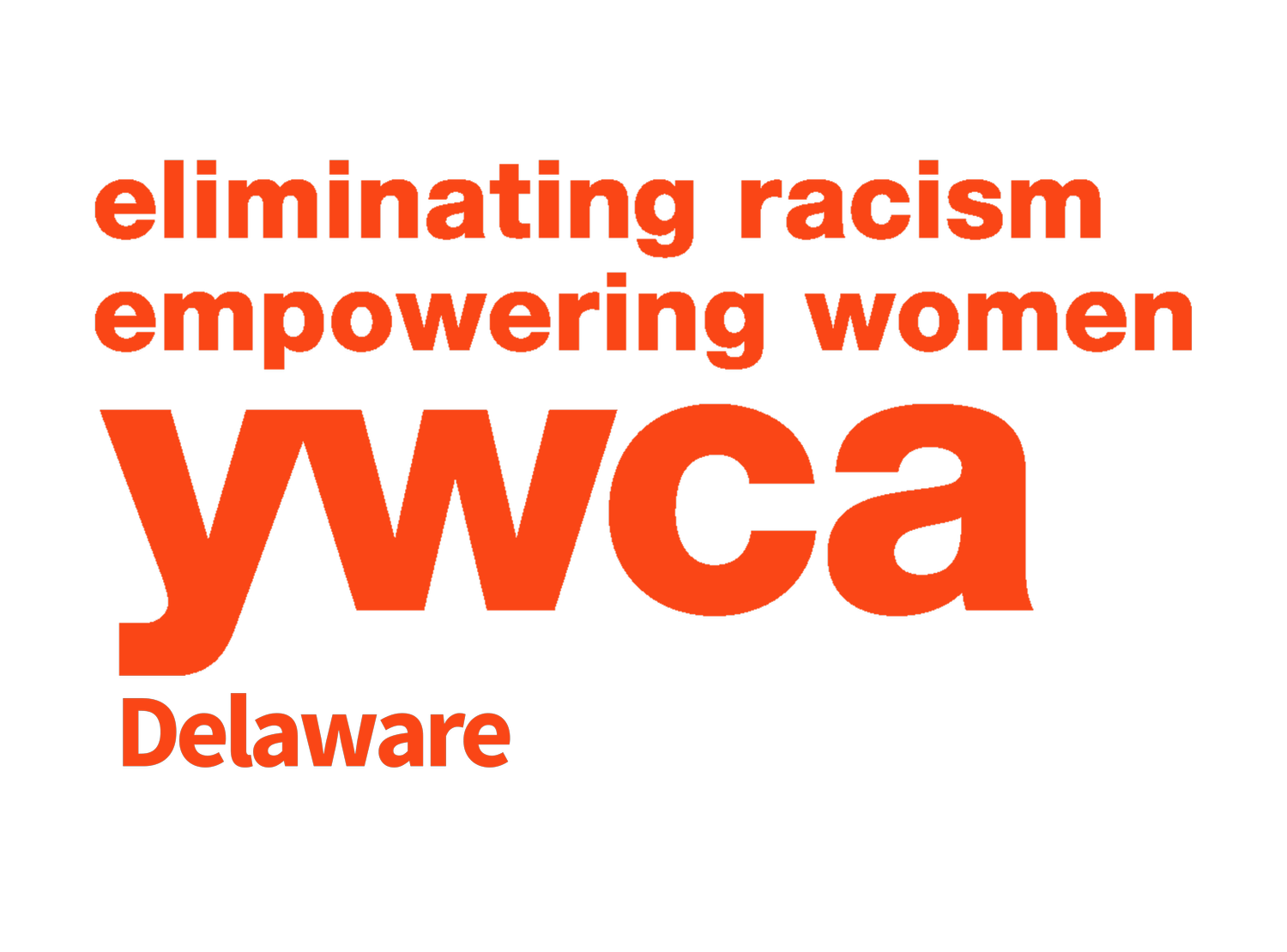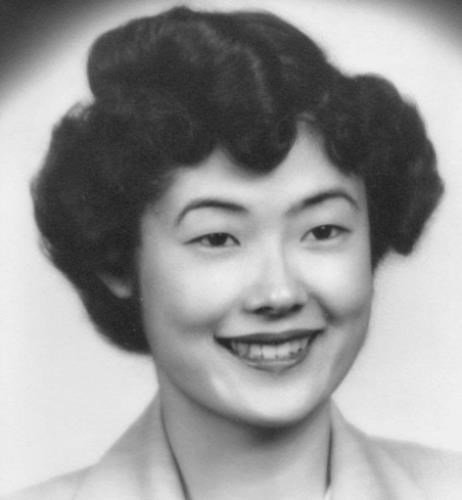
Pioneers of YWCA
YWCAs are, at heart, about social justice with more than 166 years dedicated to working with and for the most vulnerable people in our society. During our Journey to Freedom Juneteenth Celebration, we honor our history of advancing justice for all women by celebrating the remarkable sheroes who have led this work, both past and present.
Dr. Dorothy Height (1912 - 2010)
“The YWCA has been in the forefront of every major movement for social change in this country. As a member of the YWCA, I had the opportunity to stand with great leaders in the fight for civil rights, women's rights, and economic justice. The YWCA gave me the platform to advocate for equality and to help shape a more just society.”
-

Madie Hall Xuma (1894 - 1982)
Madie Hall Xuma spent her extraordinary life immersed in global Black women's activism. A prominent South African teacher, social worker, and women's rights activist, she trained as a teacher in the United States before returning to South Africa. There, she dedicated herself to teaching and uplifting the educational standards for African children. Within the YWCA, Xuma worked to promote interracial cooperation and understanding, believing that building bridges between different racial communities was essential for achieving equality and justice in South Africa.
Throughout her career, Xuma was a steadfast advocate for women's rights. She focused on empowering women through education and social activism, convinced that women's liberation was crucial for the broader struggle for freedom in South Africa. Xuma utilized the platform provided by the YWCA to advocate for broader social justice issues, including the fight against apartheid and the promotion of equal rights for all South Africans, regardless of race or gender.
-

Juliette Derricotte (1897 - 1931)
At Talladega College in Alabama, Juliette became a student leader on campus and was involved with the YWCA. She later moved to join the national office in New York and became the first African American woman elected to the National Student Council of the YWCA. Her leadership helped shape the organization’s policies and programs, promoting racial integration and equality.She made friends easily asshe navigated the new and diverse city and continued to deliver speeces on several college campuses on behalf of the YWCA student division. Through the YWCA, she impacted her young generation with her presence. Though she did not always directly engage issues of race, her very presence made race an item of conversation. Throughout her time on college campuses, she swayed the opinions of her peers toward acceptance and understanding of all people, during a time when the KKK had ubiquitous presence.
Juliette Derricotte served as the Dean of Women at Fisk University, a prestigious historically black university. In this role, she significantly impacted the lives of young African American women, guiding and mentoring them during their formative years.
Though she passed prematuely, her impact as a young YWCA leader was immense. She was a pioneer of our YWCA mission today.
-

Ruth Muskrat Bronson (1897 - 1982)
Ruth Muskrat Bronson was a driven young girl born in the Delaware District of the Cherokee Nation, Indian Territory on October 3, 1897. As a talented young author and poet, she entered the University Preparatory School at Tonkawa, now Northern Oklahoma College where she published two poems and an essay in her student publication, the Crimson Rambler.
Her service to others stemmed into teaching in rural schools and eventually working at the Mescalero Apache Reservation in New Mexico in 1921 in the young American Indian women program for the YWCA. Eventually these accomplishments warranted her a scholarship to attend the University of Kansas, where she completed three semesters in the school of journalism. She would later become a well-known poet describing her experiences as a Cherokee native. She served as an educational field agent and later as an assistant to the Director of Education at the Bureau of Indian Affairs. She was also involved in the American Indian Defense Association, where she worked to protectaNative American Civil Rights and preserve cultucal hertigage.
Her efforts in the YWCA focused on creating opportunities for Native American women and girls. Bronson's work with the YWCA included promoting interracial understanding and cooperation. She participated in YWCA conferences and events where she spoke about the challenges facing Native American communities and advocated for better educational and social services.
Through her association with the YWCA, Bronson helped develop educational programs and initiatives that aimed to improve the lives of Native American women. Her efforts were geared towards ensuring that Native American culture and traditions were respected and integrated into these programs.
Bronson's involvement with the YWCA extended to a national level, where she contributed to the organization's broader goals of social justice and equality. Her leadership and advocacy work within the YWCA helped raise awareness about Native American issues among a wider audience.
-

Helen Claytor (1907 - 2005)
Helen Claytor’s journey within the YWCA is a testament to both American social change and institutional evolution. Growing up during segregation, Claytor became a trailblazer by becoming the first African American president of both the YWCA West Central Michigan and the YWCA-USA.
Her leadership faced initial resistance — upon her election as YWCA West Central Michigan's president, three board members resigned in protest. Nevertheless, Claytor's steadfast leadership proved instrumental in advancing the YWCA movement.
She further made history as the YWCA USA’s inaugural Secretary of Interracial Education. Here, she co-authored pioneering studies and spearheaded desegregation efforts nationwide.
In the 1970s, Claytor played a pivotal role in the YWCA's adoption of the One Imperative, a landmark commitment to eradicate racism. This historic decision significantly propelled the organization's advocacy for racial equality.
Locally, Claytor's impact extended beyond the YWCA. She was instrumental in establishing the Michigan Fair Employment Practices Commission and served on the Michigan Commission on Civil Rights. Her efforts in Grand Rapids led to the creation of the Human Relations Commission, now the Equal Opportunities Department of the City of Grand Rapids.
At the national and international levels, Claytor represented the USA on the World Council of YWCA, attending meetings worldwide. Her influence transcended borders, shaping civil and human rights agendas globally.
-

Dr. Dorothy Height (1912 - 2010)
The godmother of the civil rights movement, leader of the National Congress of Negro Women for over 30 years, and former Director of YWCA Harlem who advanced YWCA’s One Imperative, which fuels our intersectional mission to eliminate racism and empower women. Dr. Height consistently pushed movements to be more inclusive by centering Black women in her activism.
Dr. Dorothy Height, YWCA’s first Director of Racial Justice, was the only woman present on the speaker’s stage when Dr. Martin Luther King Jr. delivered his famous I Have a Dream speech at the 1963 March on Washington.
During the civil rights movement, she was one of the first leaders to recognize inequality experienced by women and African Americans as problems that should be considered as a whole. In her memoir “Open Wide the Freedom Gates,” published in 2003, Dr. Dorothy Height documented her life and role in YWCA’s history from YWCA Harlem to YWCA USA. -
Joy Hashimoto (1927 - 2017)
“My parents taught me how to work for change.” - Joy Hashimoto
After she and her family were sent to the Amache Japanese-American Internment Camp in Colorado during WWII, Joy Hashimoto became active in the YWCA movement after her mother helped to establish YWCAs in different internment camps to help women and girls in the camps.
Later, she herself became an active YWCA leader. Today, we are proud to celebrate Joy's decades of service and legacy of advancing justice.
-

Casey Harden
Casey Harden serves as the 15th General Secretary of World YWCA where she focuses on enhancing the leadership capacity of women and young women worldwide, ensuring their voices are heard in international forums and decision-making processes. She has been a champion for women and girls through her service to YWCA at the local, national, and international level.
Previously she worked as the Chief Operating Officer of YWCA USA, where she was responsible for overseeing national operations and ensuring the effective implementation of the organization’s mission across the United States. She has led initiatives to engage young women in leadership roles within the YWCA and beyond, providing them with the tools and support needed to drive social change in their communities.
Facts about YWCA
Pioneering Racial Integration
In the United States, YWCA was a leader in the fight against racial segregation, beginning its desegregation efforts in the 1940s, well before the Civil Rights Movement gained momentum.
Commitment to Racial Justice
The YWCA's One Imperative, adopted in the 1970s, calls for the elimination of racism by any means necessary. This commitment has led the organization to be actively involved in various racial justice initiatives and advocacy efforts.
YWCA Delaware - Established 1895
YWCA Delaware has touched the lives of hundreds of thousands of Delawareans over it’s 129 years of service and has continually expanded its programs to meet evolving community needs. This includes launching the first “Week Without Violence” in 1995, creating the Sexual Assault Response Center in 2015 and expanding services in Newark and in Sussex County, and initiating workforce development programs like YW Strive to enhance digital literacy and collaboration skills.
From providing emergency shelter and rapid re-housing to offering educational workshops, and racial healing programs, YWCA Delaware remains committed to empowering individuals and families to achieve their full potential.
Advocacy and Policy Influence
The YWCA actively engages in advocacy and policy-making at local, national, and international levels. It works on issues such as gender-based violence, reproductive rights, and workplace equality.
Economic Empowerment
The YWCA works to promote economic empowerment for women by offering financial literacy programs, entrepreneurship training, and employment support services.
Social Service Programs
The YWCA provides a wide range of social services, including shelters for women escaping domestic violence, affordable housing, childcare, job training, and health and wellness programs.
Youth Leadership Development
The YWCA has a long history of developing young female leaders through programs that focus on leadership skills, self-esteem, and civic engagement. Many notable women leaders have been associated with the YWCA during their formative years.
Explore Our Journey to Freedom
Mile Markers
-
Courageous Leaders of the Abolitionist Movement
-
Pioneers and Leaders of YWCA
-
Civil Rights in America
-
Celebrating Voting Rights Champions
-
Spotlighting Reproductive Justice Advocates
-
Champions of Education Equality
-
Advocates Driving Criminal Justice Reform
-
Pioneers of Housing Justice
-
Youth Leaders of America
YWCA Delaware's Racial and Social Justice (RSJ) program helps to transform communities by awakening consciousness, promoting inclusion and solidarity, and cultivating civic engagement in individuals and organizations to advocate for justice and inspire a movement.

